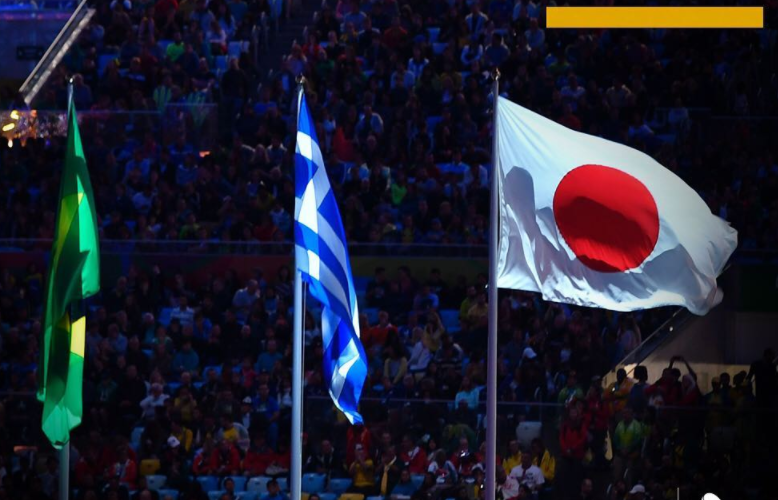As the exclusive payment card and the official payment system for the Olympic games, Visa is continuously thinking about how consumers want content and how the Olympic games will affect that. Not only are the Olympics going to continue to be a major TV event but the gold standard for creativity. Found Remote interviewed Chris Curtin, Chief Brand and Innovation Officer at Visa at Cannes Lions, about the future of the Olympics.
“People are thinking about behavior, not necessarily demographics, as in the past marketers may have thought of a market,” he told Found Remote.
For the 2016 games in Rio de Janeiro, Brazil, Visa tapped 33 athletes for its roster. Those Olympians included gold medal-winning decathlete Ashton Eaton, sprinter English Gardner and dominant triathlete Gwen Jorgensen during an event they held in San Francisco. During that few day event, the brand worked with the influencers to learn about the brand and to better understand how they could create content together.
“The type of content that we create now has so many channels in mind as opposed to a 30 second TV spot,” Curtin said. “It makes you revisit the entire production day.”
As the Olympics head to South Korea for 2018, Japan for 2020 and then to Beijing for 2022, the brand is continuing to innovate around content and how they use influencers and the professional athletes in the content. Curtin said that Visa loves getting the professional athletes that the brand works with on Facebook Live to really get a sense of what they’re like out of the playing arena.
“The more unscripted, the better because it’s so much more authentic,” Curtin said.
As the athletes travel around the world, as they head into 2020, the games are planned to be completely cashless and will transcend the two-week competition.
“I think they’re going to be like stages for the best of what we can do and how we can do it,” Curtin said. “That’s so exciting for Visa. Like it takes it from something that’s 14 days to 365 days.”
As far as the future of TV with regards to the Olympics, Curtain said that he’s not sure what platforms consumers will want their content. Whether that be on a phone, or on a TV screen, content will be important to bring together people around the world.
“[It’s an] event that draws everyone together and draws attention to itself,” he said. “It’s hard for me to think that it wouldn’t get the mass numbers that it commanded in the past.”





















